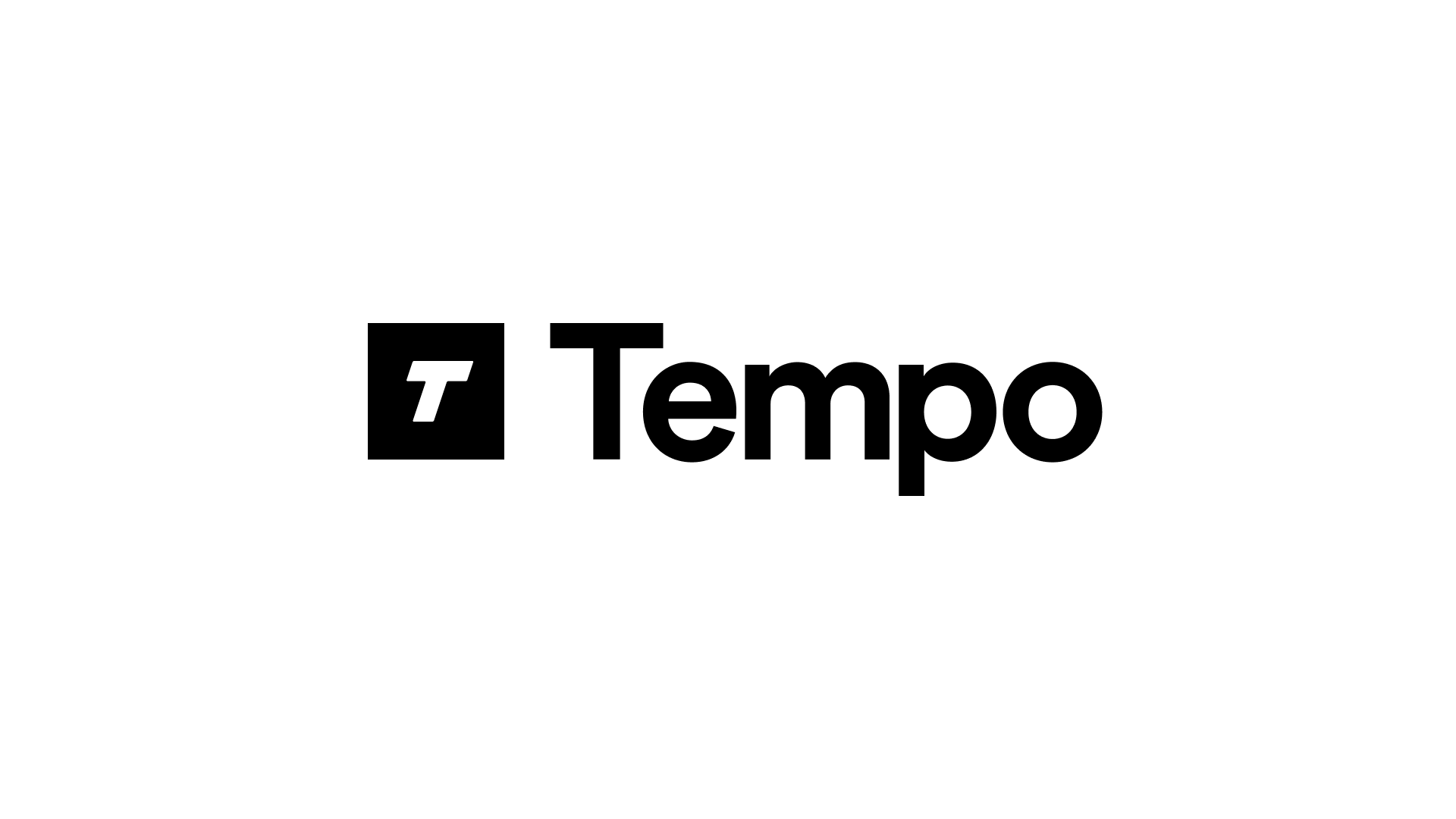About the company
The Ethereum Foundation (EF) is a non-profit organization dedicated to supporting Ethereum and related technologies. The EF is not a company, or even a traditional non-profit. We do not control Ethereum, nor are we the only organization that funds critical development of Ethereum-related technologies. We are part of a large ecosystem of organizations, individuals, and companies that support Ethereum. Our mission is to do what is best for Ethereum’s long-term success. Our role is to allocate resources to critical projects, to be a valued voice within the Ethereum ecosystem, and to advocate for Ethereum to the outside world. Since 2014, EF has hosted Devcon, an annual 4-day conference which has become the oldest and most prominent event in the Ethereum community (and arguably the entire blockchain space). The event attracts developers, designers, researchers, creators, and others — many of whom are intrigued by cutting-edge technology, decentralization, privacy/security, free and open-source software, and the potential for Ethereum to change the world for the better. For a look at past Devcon editions and their speakers, see here: http://archive.devcon.org/. Devcon 7 (aka Devcon Southeast Asia) will take place this year in Bangkok between the dates of 12-15 November.
Job Summary
How can Ethereum clients reduce their bandwidth consumption? Make their traffic more private?
📍There many active threads of research and development here, including adoption of libp2p’s IDONTWANT message, gossip-based data availability sampling, aka peerDAS, and fullDAS - inspired original from the 2017 paper “Fraud and Data Availability Proofs: Maximising Light Client Security and Scaling Blockchains with Dishonest Majorities”. 📍Privacy is important in many areas. Some ISPs in the future may want to restrict individuals from running an Ethereum client. In other cases, it’s possible to determine the IP address associated with certain validators. These scenarios are best to avoid.
Under adverse conditions, how does Ethereum’s p2p stack hold up? How can we quantify, test and improve this?
📍Active proposals like EIP-7623 attempt to constrain the maximum block size over-the-wire. Beyond empirical evidence, it’s not clear how to reason about the “ideal” load on clients. 📍How can Ethereum be a steward of libp2p? 📍What decisions today will impact our future networking goals (data availability sampling, reducing bandwidth etc.)





